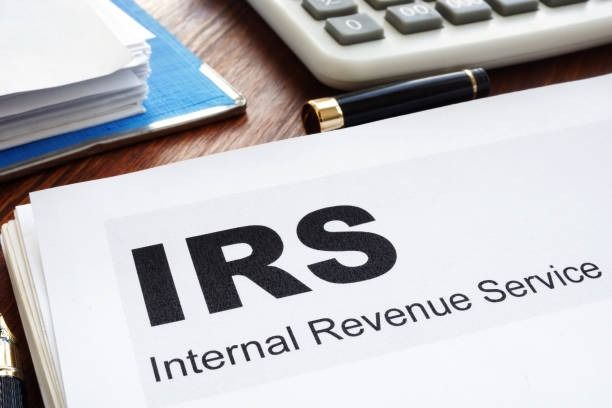In the ever-evolving landscape of digital currency, the United States Internal Revenue Service (IRS) is making strides to accommodate the surge in digital asset transactions by revising its tax reporting requirements. Starting in 2026, taxpayers will be introduced to an updated version of Form 1099-DA, specifically designed for reporting digital asset transactions more efficiently. This move is aimed at simplifying the reporting process for taxpayers, ensuring they are able to accurately declare their transactions in the realm of digital currencies.
IRS Introduces Updated Draft of Form 1099-DA for Digital Asset Transactions
The IRS recently shared an updated draft of Form 1099-DA, marking a significant step forward in streamlining the tax reporting process for digital asset transactions. This development comes as a response to the feedback received from the initial draft released earlier in the year. By removing some of the more detailed requirements, such as the exact time of transactions and information on the broker type involved, the form has been made less cumbersome for users. This initiative reflects the IRS’s commitment to adapting its procedures in line with the digital economy’s growth.
Simplification of the Reporting Process
The revised version of Form 1099-DA eliminates the need for reporting the precise time of each transaction and other previously mandated details, such as wallet addresses and transaction IDs. This change not only simplifies the form but also makes it considerably less burdensome for taxpayers to complete. The result is a reporting process that is more accessible and manageable, encouraging compliance with tax regulations concerning digital assets.
Expert Opinions on the Revised Form 1099-DA
Experts in the legal and cryptography field have welcomed the IRS’s modifications to Form 1099-DA. Attorney Drew Hinkes praised the updated form as a significant improvement over its predecessor, emphasizing its simplified nature and reduced data reporting requirements. Similarly, Ji Kim from the crypto Council for Innovation recognized the changes as a reflection of the industry’s needs. These endorsements highlight the industry’s support for the IRS’s efforts to modernize its approach to digital asset taxation.
IRS Seeks Public Feedback
In a move to further refine Form 1099-DA, the IRS is openly seeking feedback from the public, allowing individuals and stakeholders to submit comments on the draft. This step underscores the agency’s dedication to transparency and collaboration with both taxpayers and the digital asset community. By soliciting insights from a broad audience, the IRS aims to ensure that the final version of the form meets the needs of all parties involved, promoting accurate and comprehensive reporting of digital asset transactions.
The Impact of Simplifying Digital Asset Reporting
The introduction of a simplified form for reporting digital asset transactions represents a significant advancement in tax regulation. As digital currencies continue to become a more integral part of our financial ecosystem, the need for adaptive and user-friendly reporting methods becomes increasingly apparent. The IRS’s efforts to streamline Form 1099-DA are indicative of an overarching shift towards embracing the digital economy, ensuring that tax compliance evolves in tandem with technological advancements.
In conclusion, the updated draft of Form 1099-DA by the IRS marks a pivotal development in the intersection of digital currency and tax regulation. This simplification effort not only alleviates the reporting burden on taxpayers but also reflects the agency’s commitment to facilitating a smoother transition into the digital age. As digital assets continue to carve a significant niche within the global economy, such initiatives are crucial for fostering compliance, transparency, and growth in this burgeoning sector.
